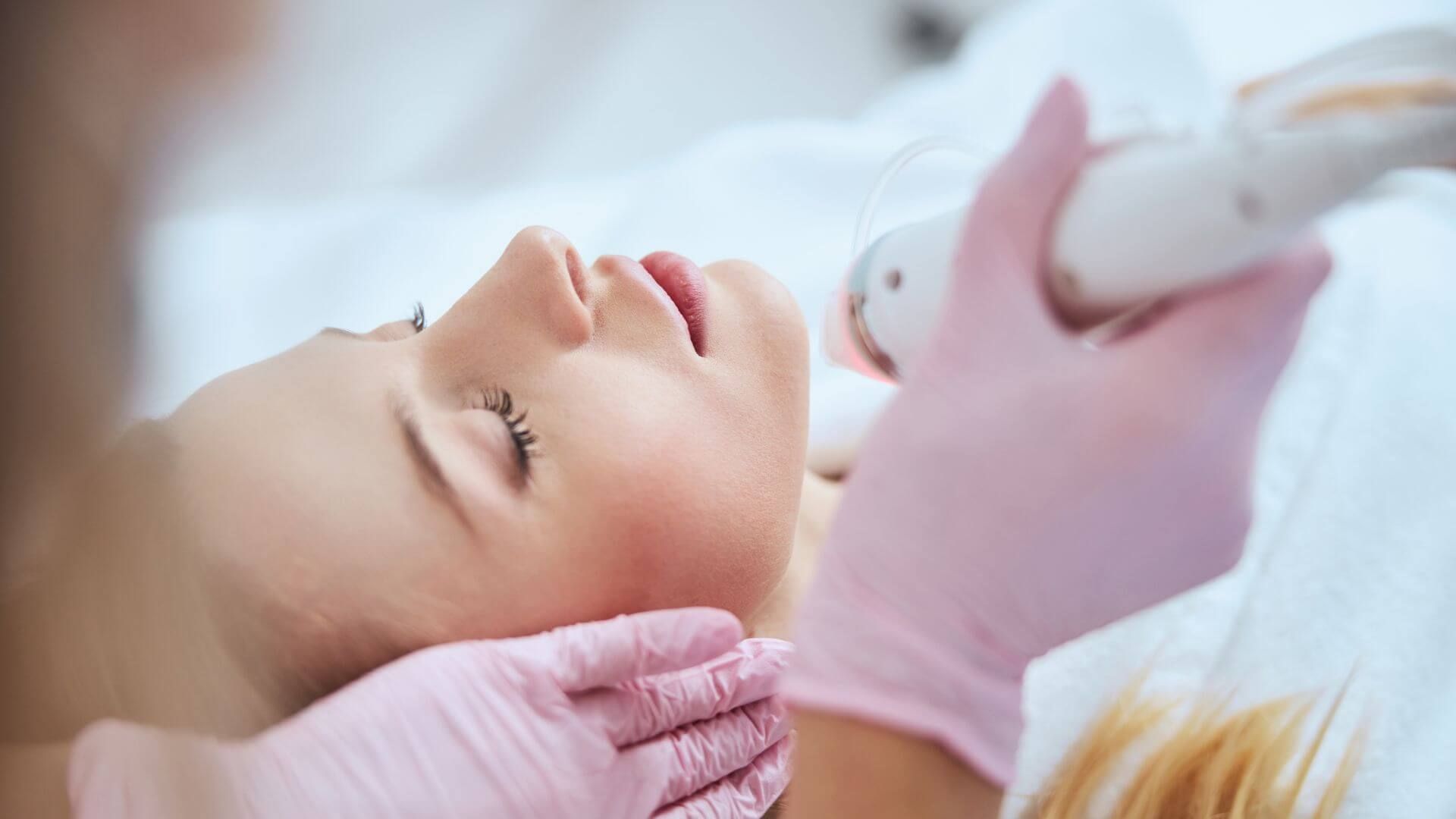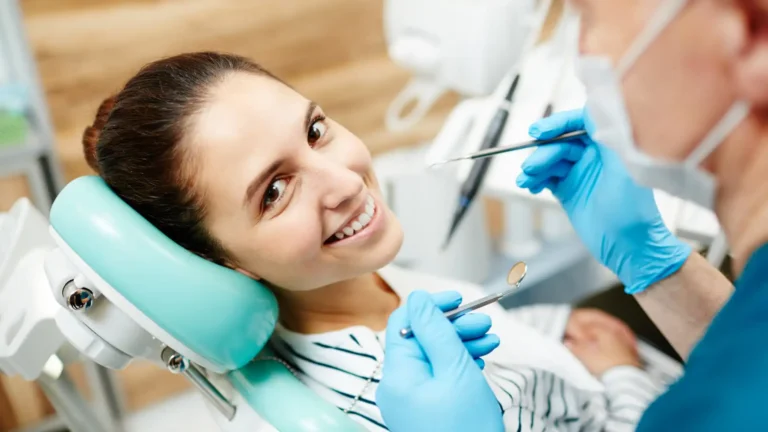Understanding Common Skin Conditions Treated in Dermatology
Our skin acts as a protective barrier but is also at risk for developing dermatological conditions that affect appearance and overall health. Recognizing common skin concerns can help address problems, alleviate symptoms, and make better care choices. Here’s a closer look at four frequent dermatology issues.
Identifying and Managing Moles
Moles are small spots on the skin that vary in size, shape, and color and are a common focus in dermatology. They typically appear during childhood or adolescence and are usually harmless. By adulthood, most people have 10 to 40 moles on their body. In dermatology, it’s beneficial to monitor moles as they may change in appearance with age.
Check for changes in size, shape, or color. Look for asymmetry, irregular edges, or differences in pigmentation. These changes may indicate that a mole needs further assessment by a dermatologist. Early detection helps identify potential skin issues, including melanoma.
If you notice anything unusual about a mole or are unsure about its appearance, consult a dermatologist. They are able to provide a professional evaluation, recommend steps, and assist with mole removal if necessary. Regular self-checks and dermatology visits help maintain overall skin health and catch concerns early.
Addressing Sun Damage
Prolonged UV exposure leads to visible skin changes, including wrinkles, fine lines, and hyperpigmentation. Over time, sun damage can also increase the risk of developing skin cancer. Preventative measures like wearing broad-spectrum sunscreen, seeking shade, and wearing protective clothing are helpful. Treatments such as chemical peels, laser therapies, or prescription creams may be effective for those looking to address existing sun damage. A dermatologist can provide a treatment plan tailored to individual skin concerns.
Exploring Skin Rejuvenation
Skin rejuvenation refers to techniques designed to improve skin texture, tone, and overall appearance. These methods often address dullness, acne scars, or uneven pigmentation. Many treatments also stimulate collagen production, promoting a more youthful and radiant complexion.
Approaches may include topical treatments with ingredients like retinol, professional chemical peels, microdermabrasion, or laser resurfacing. Each option addresses specific concerns, and consulting a dermatologist can help determine which technique best fits individual needs. Maintaining a consistent skincare routine helps maintain results and supports healthier skin over time.
Coping With Rosacea
Rosacea is a chronic, inflammatory skin condition that primarily affects the face, causing persistent redness, visible blood vessels, and, in some cases, small, acne-like bumps. It often appears on the cheeks, nose, forehead, or chin and can sometimes cause a burning or stinging sensation. While the exact cause of rosacea is unknown, it is believed to result from a combination of genetic and environmental factors, with specific triggers exacerbating the condition.
Common triggers for flare-ups include hot drinks, spicy foods, alcohol, stress, extreme temperatures, and sun exposure. Avoiding known triggers is key to preventing flare-ups. Dermatologists may also recommend topical creams or gels to reduce redness and inflammation or oral medications for more severe cases. Laser therapy sometimes helps address visible blood vessels or persistent redness.
Taking Steps for Healthier Skin with Dermatology
Familiarizing yourself with common skin conditions allows for proactive care and early detection of potential concerns. Whether monitoring moles for changes, addressing sun damage, exploring rejuvenation options, or managing rosacea, Dermatological guidance can provide tailored support for better skin health. Regular check-ups with a dermatologist can help encourage your skin to stay healthy and vibrant.
- Things Every Visitor Should Arrange Before Flying to Australia
- Know How Payment Tokenization Supports Cross-Border Payments Securely
- Bali Travel Essentials: Visa, Currency, SIM, Local Etiquette, And Safety
- Mistakes Parents Make When Selecting Baby Diapers and How to Avoid Them
- Exploring Your Options for Used Vehicle Financing in Today’s Market






